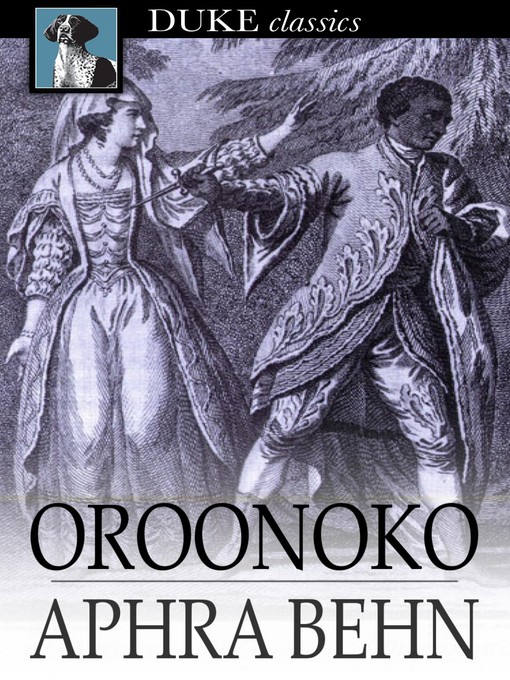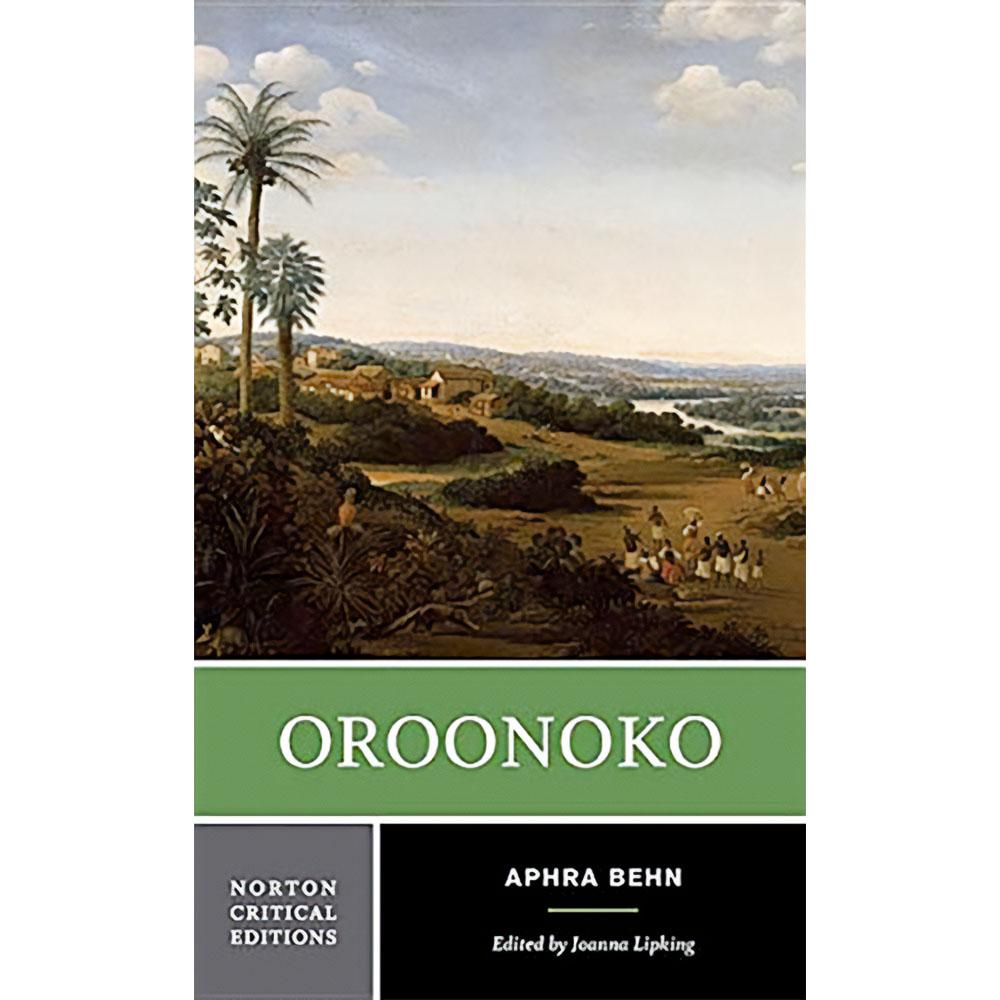


Oroonoko is a text fundamentally concerned with political obedience, written at precisely the moment in British history when that question was more or less being resolved in favor, according to the Whig interpretation of history, of the subject's right to refuse obedience to political authority, indeed even, according to John Locke and others, in favor of the obligation that the subject rebel against a tyrannical authority.2 Behn, as is well known but not so comfortably assimilated, was a political conservative who was loyal to the king and probably Catholic, culturally and politically if not spiritually. The grandfather's impotence, the numb eel's ability to paralyze its victims, Oroonoko's inability to execute his plan for revenge: these are just a few examples of the way that passivity dominates the plot of Oroonoko. But this belies the text's reliance on passivity as a thematic and a plot device. This action-packed text's sole mention of "passive" occurs here.


 0 kommentar(er)
0 kommentar(er)
